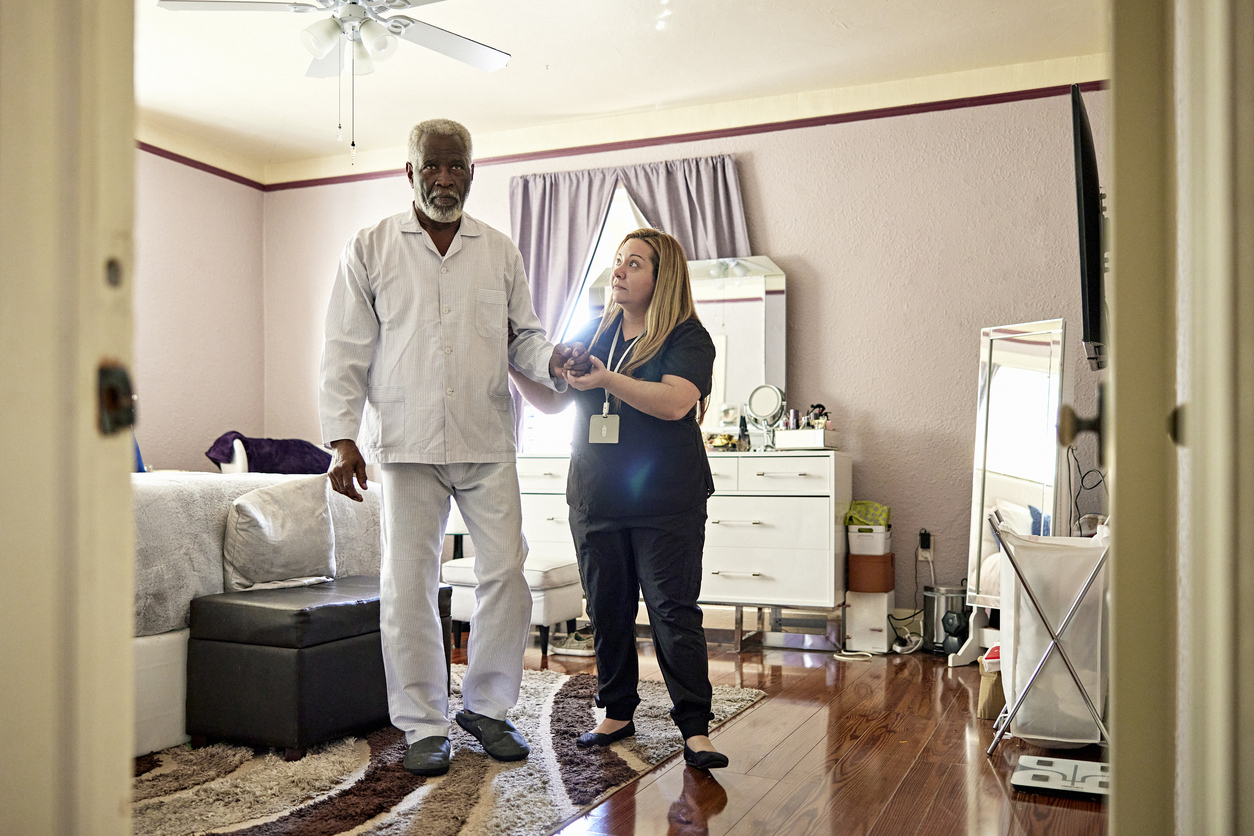Posted on: July 15, 2024 by Huntersure

Running a residential care home comes with unique challenges and responsibilities. The increased risks associated with long-term care facilities make comprehensive insurance coverage essential for protecting both the facility and its residents.
As insurance agents, you need to know the essentials of residential care home insurance to help protect your residential care clients against potential financial and legal issues.
Residential care home insurance is tailored to meet the needs of long-term care facilities. It typically covers the following main elements:
Standard residential care home insurance policies offer a lot of protection, but there are often gaps. These can include insufficient limits on personal injury claims, lack of specific coverage for specialized equipment, and inadequate provisions for cybersecurity threats.
Insurance agents are key in identifying and addressing these gaps. By conducting thorough risk assessments and reviewing policy limits, agents can help ensure comprehensive coverage.
Advising your clients to consider higher limits for certain aspects of their coverage can significantly protect them against unforeseen risks.
With over 30,000 residential care communities in the United States, insurance agents play a pivotal role in tailoring residential care home policies to meet their clients’ specific needs.
Each residential care home has its unique requirements based on its size, the types of services it provides, and regulatory demands. Therefore, you need to understand these nuances to offer customized insurance solutions effectively.
Larger facilities may need higher coverage limits due to more residents and higher operational costs. Conversely, smaller facilities might benefit from specialized policies that cater to their unique operational risks without overwhelming them with unnecessary premiums. As agents, you should assess the facility’s size and advise on appropriate coverage limits.
Residential care homes offering specialized services, like memory care or physical therapy, need tailored coverage that includes these specific activities. Agents should ensure that policies reflect the full range of services provided to avoid gaps in coverage. By understanding the scope of services, you can recommend endorsements or additional coverages that protect against specific risks associated with these services.
Compliance with local regulations is crucial. You need to know local, state, and federal insurance coverage requirements and ensure your clients’ policies meet or exceed these standards. You should also understand specific mandates for liability coverage, employee protections, and resident safety standards.
Understanding residential care home insurance intricacies is essential for insurance agents aiming to provide the best guidance to their clients. By thoroughly assessing risks, identifying coverage gaps, and customizing policies to meet specific needs, agents can ensure that residential care homes are well-protected.
Reach out to us at Huntersure LLC for more information on securing the most appropriate and comprehensive insurance coverage for your residential care home clients.
Huntersure LLC is a full-service Managing General Agency that has provided insurance program administration for professional liability products to our partners across the United States since 2007. We specialize in providing insurance solutions for businesses of all sizes. Our program features can cover small firms (grossing $2.5 million annually) to large corporations (grossing $25 million annually or more). We make doing business with us easy with our breadth and depth of knowledge of E&O insurance, our proprietary underwriting system that allows for responsive quoting, binding, and policy issuance and tailored products to meet the needs of your insureds. Give us a call at (855) 585-6255 to learn more.
Posted in: Healthcare Residential Care Facility